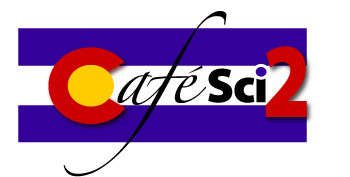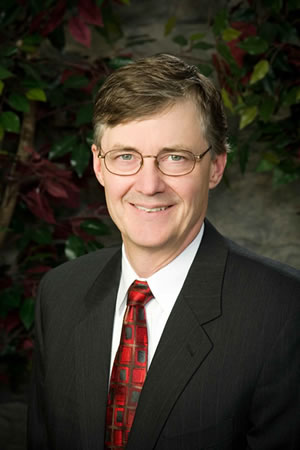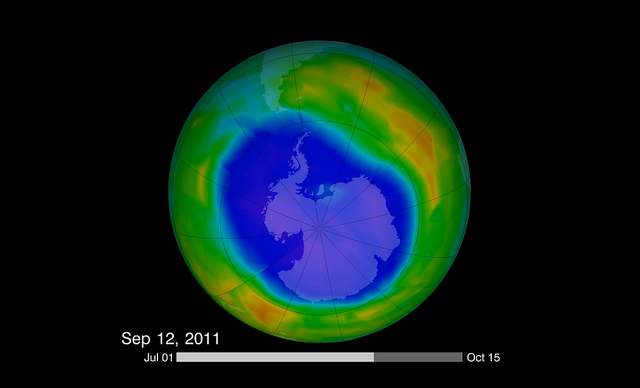|
He is an author of the 2007 climate science assessment of the Intergovernmental Panel on Climate Change (IPCC), which shared the 2007 Nobel Peace Prize, and the 1999 IPCC Special Report on Aviation and Climate. He has received the U. S. Department of Commerce Silver and Bronze Medals for Meritorious Federal Service, the American Meteorological Society Henry G. Houghton Award, and is a Fellow of the American Geophysical Union. |
|
What are good and bad ozone? Should you worry about the Antarctic ozone hole? Is there still one? When will it go away? Why isn’t there a hole in the Arctic? Do we really know what caused the hole to appear? What are ozone-depleting substances and their substitutes? Why is stratospheric ozone vulnerable to human activities? What exactly did the international community do to ‘fix’ the ozone hole? What is the Montreal Protocol treaty and why is it considered an outstanding success? Did it change your life? What did we learn from the Montreal Protocol that will help us protect Earth’s climate? Is ozone the cause of climate change? How did the Montreal Protocol also protect climate while it was protecting ozone? What could the Montreal Protocol do to continue to protect climate? How is ozone expected to change in future dcades? How has the international community created a perverse incentive that leads to less global climate protection? Photo credit: NASA. You can get a copy of 20 Questions here to read before the Café. It's big (29 MB) but beautiful and very informative. Dr. Fahey will also bring some copies with him. |

 Dr. David W. Fahey is a research physicist in NOAA's Earth System Research Laboratory in Boulder, Colorado, USA. He joined the Laboratory after receiving advanced degrees in physics from the University of Wisconsin and the University of Missouri. His principal research interest is the measurements of trace gases and aerosols in the troposphere and lower stratosphere using instruments on board research aircraft. His current projects address water vapor in the lower stratosphere and the role of black carbon aerosol in climate. Dr. Fahey has served as a Principal Investigator and Project Scientist for a number of airborne sampling missions with NASA's research manned and unmanned aircraft and as a participant in several international scientific assessments of ozone depletion and climate.
Dr. David W. Fahey is a research physicist in NOAA's Earth System Research Laboratory in Boulder, Colorado, USA. He joined the Laboratory after receiving advanced degrees in physics from the University of Wisconsin and the University of Missouri. His principal research interest is the measurements of trace gases and aerosols in the troposphere and lower stratosphere using instruments on board research aircraft. His current projects address water vapor in the lower stratosphere and the role of black carbon aerosol in climate. Dr. Fahey has served as a Principal Investigator and Project Scientist for a number of airborne sampling missions with NASA's research manned and unmanned aircraft and as a participant in several international scientific assessments of ozone depletion and climate.  I will use the booklet, Twenty Questions and Answers About the Ozone Layer: 2010 Update, as a basis for a presentation that will meander about answering some of the following questions:
I will use the booklet, Twenty Questions and Answers About the Ozone Layer: 2010 Update, as a basis for a presentation that will meander about answering some of the following questions: